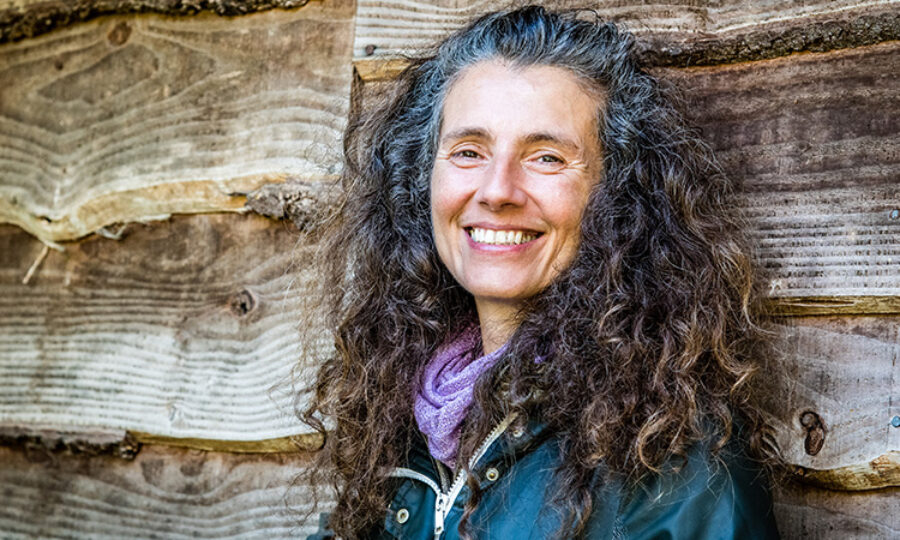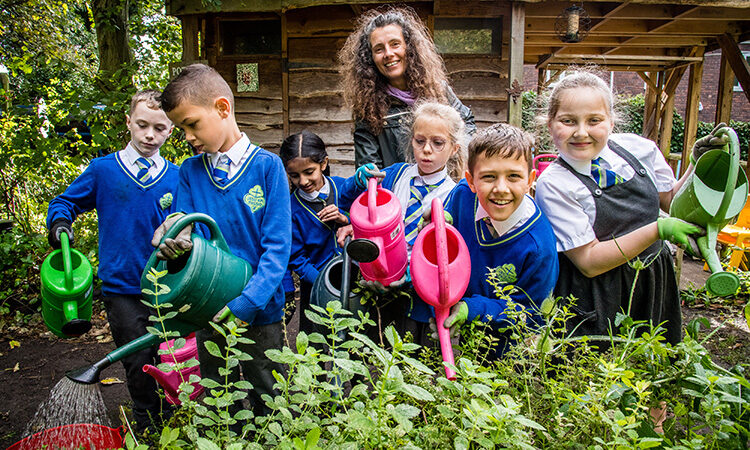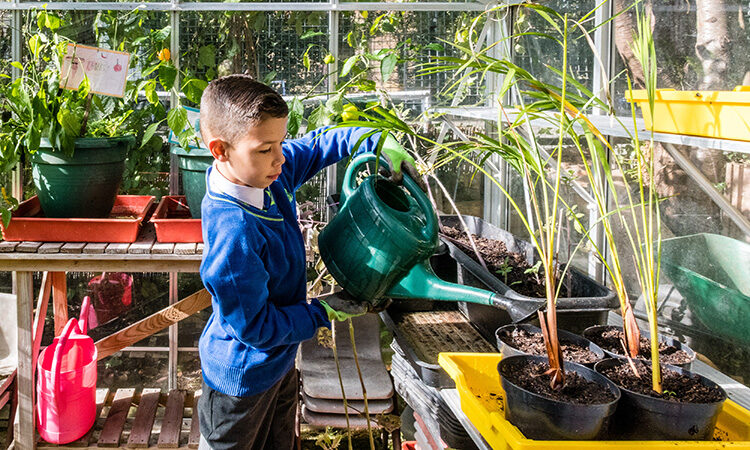Islington together: Sophia

In a series of interviews, we capture the diverse experiences of the people of Islington and how together, we’re tackling inequality at the root. This time, we spoke with Sophia: environmental tutor and founder-director of social enterprise Plant Environment, which delivers environmental education projects in schools
Sophia delivers projects in schools across Islington, including Pooles Park Primary School and St Joseph’s Catholic Primary School – both of which won awards in this year’s Islington in Bloom competition. She is passionate about providing opportunities for all children to access, positively interact with, and care for our natural environment as part of their daily lives.
“I have been managing and delivering ongoing environmental education projects in schools since 2004. I go to each school one day per week and engage all children between the ages of three and 11 in a variety of seasonal, nature-based activities. This includes growing organic food from seed and planting trees, shrubs, perennials and flowering bulbs. In the winter months, we watch and record the birds we see and make bird feeders. The children especially love harvesting potatoes – there is so much excitement when it’s time to dig them up. They are amazed to find that the one potato they planted a few months before grew to provide them with many potatoes!

It doesn’t matter whether a school has grass or tarmac, there is always potential to create green space, which is often much needed. We have dug and installed wildlife ponds, built raised beds for growing food and planted mini forests and orchards, transforming outdoor spaces for the benefit of wildlife and ourselves.
The fantastic thing about having school-based projects is that the children can see the growth, changes and results of their input every day. The children love being able to personally care for their plants and green spaces at school and enjoy their daily jobs, such as watering the plants, recording wildlife, collecting leaves for composting, pond care and litter picking, among other things. They also harvest their own fresh food to wash and eat straight from the plant, or take home to cook and eat with their families, along with a variety of seeds and bulbs. Most children do not have balconies or gardens at home, but I let them know that a sunny window ledge is enough to grow their own plants.
I believe that having an ongoing environmental education project at school is very beneficial for children’s mental, spiritual and physical health. They seem more settled, grounded and have a sense of belonging. They also naturally come together to work as a team – everyone gets involved, regardless of their age, physical ability, social and cultural background, or the language they speak. There are no barriers. Engaging and being with the rest of nature brings people together, brings out our nurturing qualities and makes us kinder to each other.

I also think it’s so important that every single child has the opportunity to connect with nature. I explain to them that they are a part of nature and I share with them the importance of different plants and animals, such as bees, for our planet. I’m convinced that if children have opportunities to interact with our wonderful natural environment from a young age, their experiences help them to develop a life-long connection and respect for the natural world.
If you are thinking about doing some planting and growing with your child, I would say please just get started. There is lots of useful information online and a wealth of books about growing a variety of plants. Get some seeds and have a go! It doesn’t matter whether you have a window ledge or a massive garden, just make sure you sow and plant in the right seasons. I’m sure you will enjoy growing your own and be inspired to continue to grow more. It’s very rewarding!”
